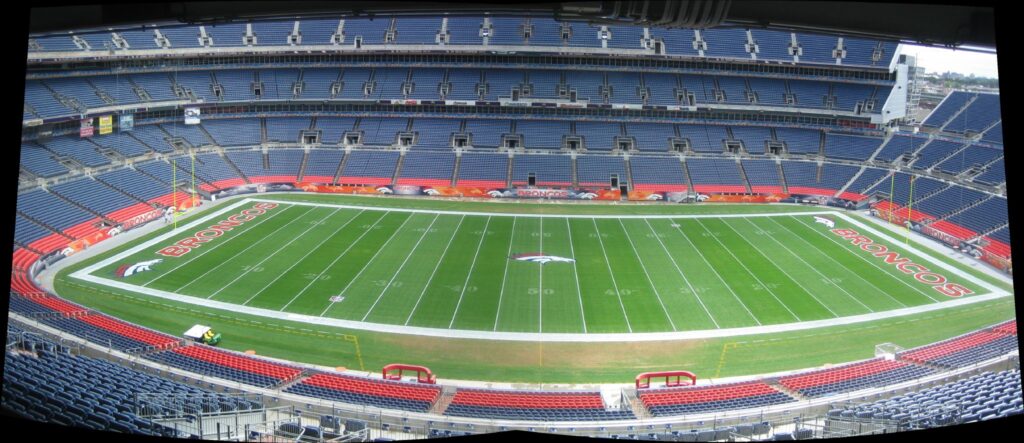The $4.65 billion sale of the Denver Broncos results in $41 million being refunded to cities and counties that help pay for the stadium.

Children in Denver and six other metropolitan area counties could soon benefit from billionaire Rob Walton’s purchase of the Denver Broncos.
The Metropolitan Football Stadium District, the division of state government responsible for building and protecting taxpayers’ investment in the Broncos’ public realm, will soon distribute more than $41 million of the $4.65 billion that Walton and its ownership group have paid for the team, Matt Sugar, the district’s stadium business manager, confirmed Thursday.
The origins of this multimillion-dollar tax windfall date back to 1998. That’s when 57% of voters in what was then the six-nation Denver metro area voted to approve an extension of the tax. sale to build the stadium now known as Empower Field at Mile High.
For their investment of approximately $300 million, the taxpayers also obtained guarantees in the stadium rental and management contract. This included rights to 2% of the proceeds should late Broncos owner Pat Bowlen and his ownership group sell the team.
The purchase of Walton from the Bowlen Trust is now complete. Last week, the stadium district board voted unanimously to approve a share amount of just over $41 million. 9News reported on the refund at the time.
This total of $41 million is well below 2% of the $4.65 billion. As noted in stadium district documents, the district had to do some math to figure out the total the ratepayers are entitled to. Franchise debt (north of $247 million) was subtracted first, as were capital contributions from the Bowlen Group over the years (another $2.4 billion). The net proceeds from the sale, approximately $2.05 billion, were then subject to the 2% sharing rate.
Here is the breakdown provided by the Metropolitan Football Stadium District Board:
Sales Price (gross proceeds from sale): $4,650,000,000
Franchise Debt: -$247,076,305
Capital Contributions (with 6% imputed annual return): -$2,351,026,144
Net Profit: $2,051,897,551
Sharing Rate: 2%
Sharing Amount: $41,037,951
“Subtracting capital contributions over the life of the franchise. You got to go way back to 1984. So obviously, there was a lot of math equation that needs to be verified,” said Baker.
The money will not come out right away. It is to be divided between the seven counties and the dozens of towns and villages that make them up. That requires determining how much those jurisdictions contributed to building the stadium in the first place and then reimbursing each of them proportionately, Sugar said.
“We’re just trying to work with our accountant and others to make sure we have the right numbers,” Sugar said. “We hope it won’t take too long, so we should be able to fix it fairly quickly.”
Sugar wasn’t ready to split how much each jurisdiction could get or a firm date for sending the money, but he said Denver, as the state’s largest city, would likely get the refund. The most important.
The rental agreement contains specific language on how the money from the sale should be spent. He’s supposed to go to “youth activities,” Sugar said. He stressed that this does not exclusively mean sports for young people, but activities for children in general.
“That’s what we really want everyone to respect,” Sugar said.

